- français
- English
Biographies 2018
Biographies
Paul Bourke
Alain Dufaux
Martin Kemp
Jean-Yves Le Meur
Damian Leonard
Jeffrey Shaw
Nikolaus Voelzow
 Paul Bourke: is an independent consultant based in Perth with an honorary research position at The University of Western Australia (UWA). After completing a Masters degree in Physics at Auckland University he worked at the School of Architecture developing, at the time, world leading quantitative lighting simulation and visualisation of architectural spaces. Moving to Australia in 1996 he was employed at the Brain Dynamics laboratory to develop high performance computing simulation and visualisation capabilities for the groups research into fundamental brain function, a research and publication stream that continues to today. The development of research into display systems and how one might leverage the human visual system for effective data visualisation started during his role as visualisation research fellow at the Swinburne Astrophysics and Supercomputing Centre. This included the development of large and multiple screen stereoscopic systems and hemispherical immersive displays for both research and public education. In 2006 Paul accepted a position as Associate Professor at UWA in supercomputing, responsible for visualisation at the Western Australia Supercomputing Facility, then known as iVEC. Paul become director of the UWA Centre in 2010, managing 25 staff with expertise across supercomputing, data management and visualisation. The Centre also operated the advanced visualisation systems for the University and acted as consultants for the application of visualisation in research groups across the four public Universities in Western Australia. In 2015 he moved to Sydney accepting a Professorial position at The University of New South Wales where he was part of the team established EpiCentre, a new world visualisation facility with world class infrastructure. In his current consultancy role Paul is continuing to develop novel and emerging data capture and visualisation technologies. The position at UWA is focused on how new and evolving technologies may be used to facilitate insight in research and public outreach in the field of Archaeology.
Paul Bourke: is an independent consultant based in Perth with an honorary research position at The University of Western Australia (UWA). After completing a Masters degree in Physics at Auckland University he worked at the School of Architecture developing, at the time, world leading quantitative lighting simulation and visualisation of architectural spaces. Moving to Australia in 1996 he was employed at the Brain Dynamics laboratory to develop high performance computing simulation and visualisation capabilities for the groups research into fundamental brain function, a research and publication stream that continues to today. The development of research into display systems and how one might leverage the human visual system for effective data visualisation started during his role as visualisation research fellow at the Swinburne Astrophysics and Supercomputing Centre. This included the development of large and multiple screen stereoscopic systems and hemispherical immersive displays for both research and public education. In 2006 Paul accepted a position as Associate Professor at UWA in supercomputing, responsible for visualisation at the Western Australia Supercomputing Facility, then known as iVEC. Paul become director of the UWA Centre in 2010, managing 25 staff with expertise across supercomputing, data management and visualisation. The Centre also operated the advanced visualisation systems for the University and acted as consultants for the application of visualisation in research groups across the four public Universities in Western Australia. In 2015 he moved to Sydney accepting a Professorial position at The University of New South Wales where he was part of the team established EpiCentre, a new world visualisation facility with world class infrastructure. In his current consultancy role Paul is continuing to develop novel and emerging data capture and visualisation technologies. The position at UWA is focused on how new and evolving technologies may be used to facilitate insight in research and public outreach in the field of Archaeology.
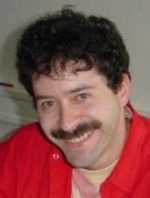
Alain Dufaux: Alain Dufaux's field of expertise is in signal processing for audio, with a dual profile in both academic (PhD in automatic sound recognition in 2001, lecturer & co-director for PhD students since 2007) and industrial worlds (low-power DSP specialist in the hearing aid industry during 6 years). He presently acts as the operations and development manager of the Metamedia Center at EPFL.
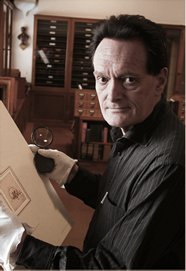
Martin Kemp: is Emeritus Research Professor in the History of Art at Oxford University. He has written and broadcast extensively on imagery in art and science from the Renaissance to the present day. He speaks on issues of visualisation and lateral thinking to a wide range of audiences. Leonardo da Vinci has been the subject of books written by him, including Leonardo (Oxford University Press 2004). He has published on imagery in the sciences of anatomy, natural history and optics, including The Science of Art: Optical Themes in Western Art from Brunelleschi to Seurat (Yale University Press). He was trained in Natural Sciences and Art History at Cambridge University and the Courtauld Institute of Art, University of London. He was British Academy Wolfson Research Professor (1993-98). For more than 25 years he was based in Scotland (University of Glasgow and University of St Andrews). He has held visiting posts in Princeton, New York, North Carolina, Los Angeles and Montreal. He has curated a series of exhibitions on Leonardo and other themes, including Spectacular Bodies at the Hayward Gallery in London, Leonardo da Vinci: Experience, Experiment, Design at the Victoria and Albert Museum in 2006 and Seduced: Sex and Art from Antiquity to Now, Barbican Art Gallery, London, 2007. He was also guest curator for Circa 1492 at the National Gallery of Art in Washington in 1992.
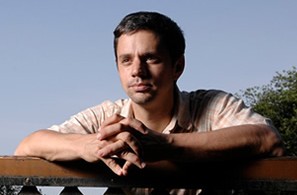 Jean-Yves Le Meur: is currently the head of the CERN's Digital Memory project started in 2016 with the goal of ensuring the long term digital preservation of both historical and recent assets of the organisation. He set up his first web server in 1993, the CERN preprint server, before leading the developments of the CERN Document, Library and Multimedia servers in the following years. In 2002, he launched and managed the underlying open source Institutional Repository software, Invenio as well as its sister application, Indico, dedicated to the capture and management of conference content. Today, these software are used world-wide, and since 2013, Jean-Yves Le Meur has driven the creation of the CERN spin off company TindTechnologies.com that sell services on top of the Invenio framework.
Jean-Yves Le Meur: is currently the head of the CERN's Digital Memory project started in 2016 with the goal of ensuring the long term digital preservation of both historical and recent assets of the organisation. He set up his first web server in 1993, the CERN preprint server, before leading the developments of the CERN Document, Library and Multimedia servers in the following years. In 2002, he launched and managed the underlying open source Institutional Repository software, Invenio as well as its sister application, Indico, dedicated to the capture and management of conference content. Today, these software are used world-wide, and since 2013, Jean-Yves Le Meur has driven the creation of the CERN spin off company TindTechnologies.com that sell services on top of the Invenio framework.
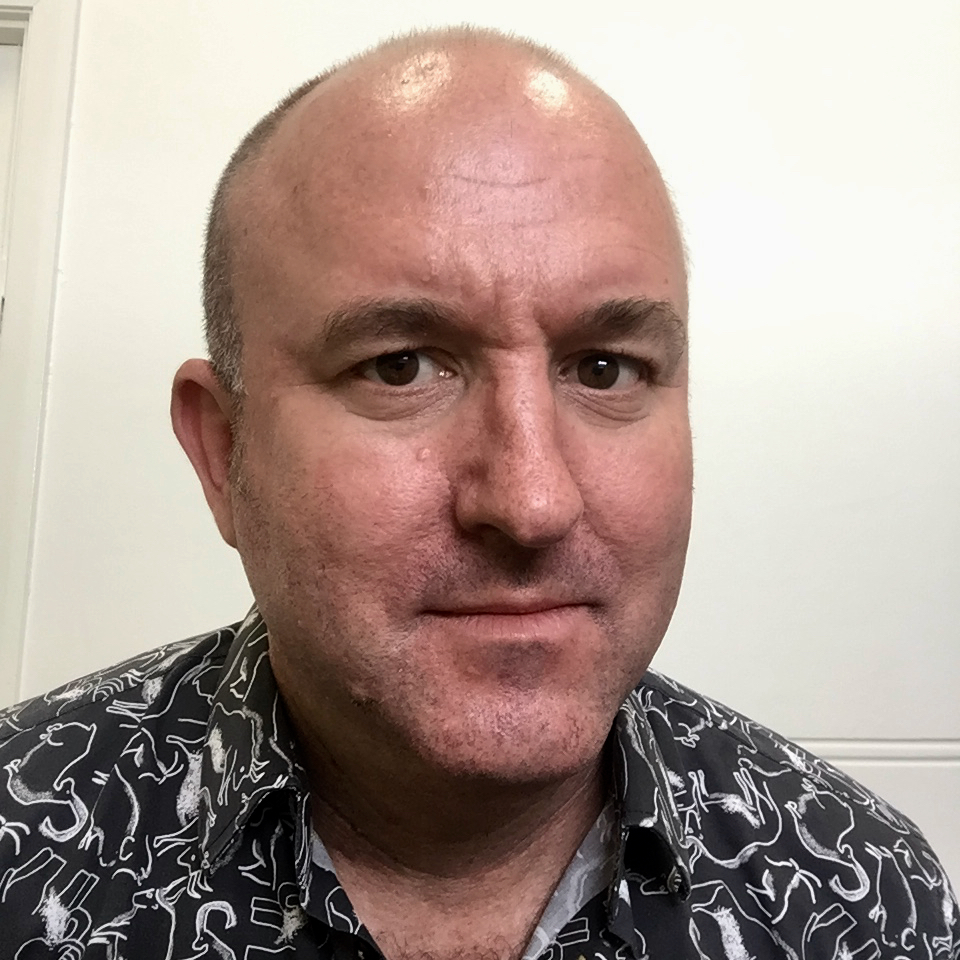 Damian Leonard: has worked in the area of project management on large scale audio visual and IT projects for 20 years, and during the last 13 years worked with UNSW as the contract project manager for the iCinema Research Centre. He led the successful business development and commercialisation of the iCinema technologies including AVIE and iDome. This resulted in the establishment of Immersive Realisation in 2008. The first commercial project, supplying technologies worth $8.4M (excluding content development) to Coal Services Australia, was the largest commercial project to evolve from an Australia research centre. The project took eight months from feasibility to installation. Since then Immersive Realisation has worked also with City University Hong Kong, and completed installation projects for a range of education and cultural clients within Australia, Hong Kong, China, Germany, Norway, Singapore and England. Damian recently collaborated on commissioning of the DomeLab system for UNSW iGLAM, and now oversees the touring schedule for this project. He also oversees the touring projects of AVIE, REACTOR and other immersive exhibitions for both UNSW and CityU around the world, including to USA, Canada, China, Netherlands, Italy, Spain, India and France. He is contract project manager for design and installation of the systems at the eM+ Laboratory at EPFL, Lausanne Switzerland.
Damian Leonard: has worked in the area of project management on large scale audio visual and IT projects for 20 years, and during the last 13 years worked with UNSW as the contract project manager for the iCinema Research Centre. He led the successful business development and commercialisation of the iCinema technologies including AVIE and iDome. This resulted in the establishment of Immersive Realisation in 2008. The first commercial project, supplying technologies worth $8.4M (excluding content development) to Coal Services Australia, was the largest commercial project to evolve from an Australia research centre. The project took eight months from feasibility to installation. Since then Immersive Realisation has worked also with City University Hong Kong, and completed installation projects for a range of education and cultural clients within Australia, Hong Kong, China, Germany, Norway, Singapore and England. Damian recently collaborated on commissioning of the DomeLab system for UNSW iGLAM, and now oversees the touring schedule for this project. He also oversees the touring projects of AVIE, REACTOR and other immersive exhibitions for both UNSW and CityU around the world, including to USA, Canada, China, Netherlands, Italy, Spain, India and France. He is contract project manager for design and installation of the systems at the eM+ Laboratory at EPFL, Lausanne Switzerland.
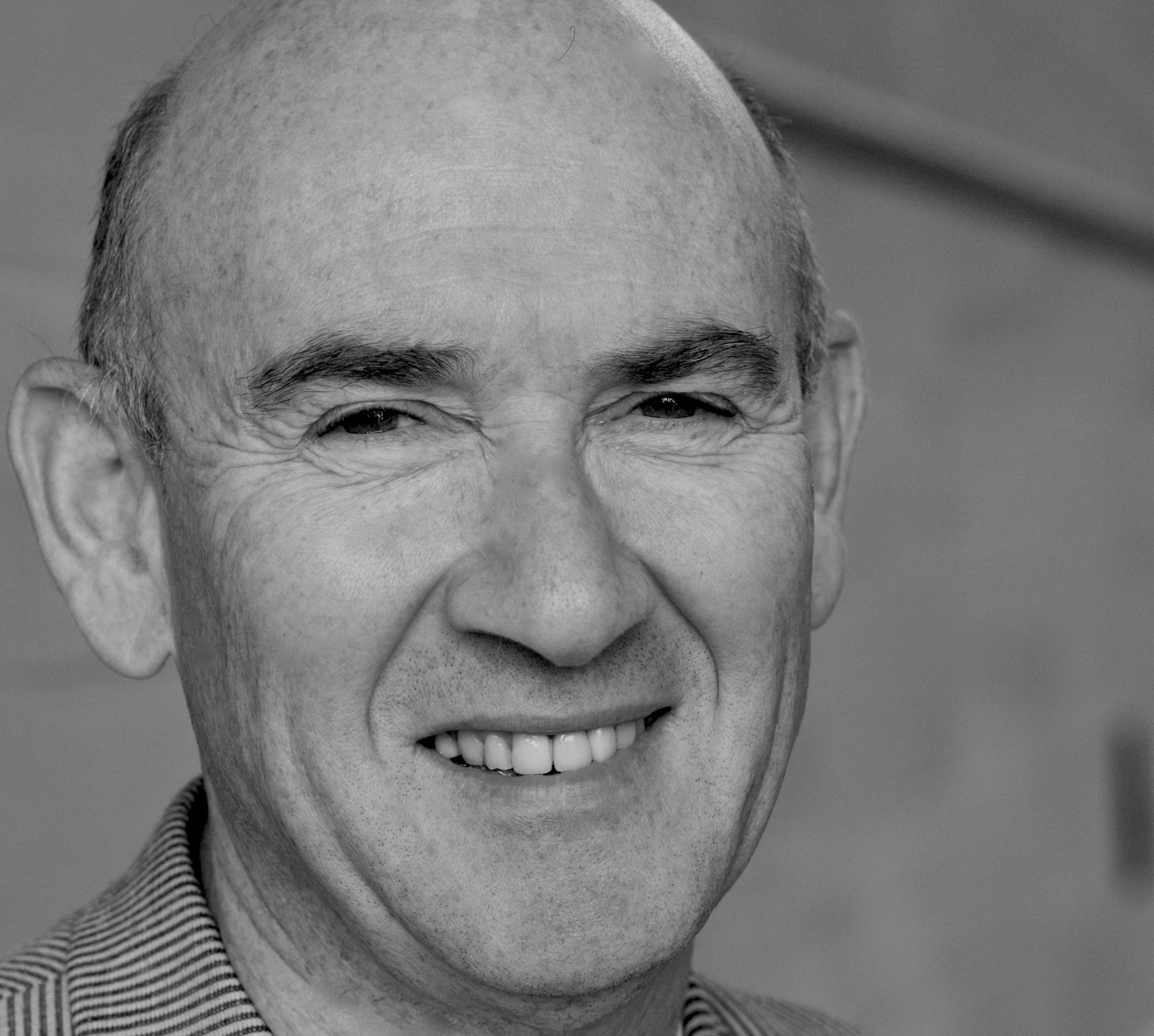
Jeffrey Shaw: Professor Shaw has been a leading figure in new media art since the 1960's. In a prolific oeuvre of widely exhibited and critically acclaimed works he has pioneered and set benchmarks for the creative use of digital media technologies in the fields of virtual and augmented reality, immersive visualization environments, navigable cinematic systems and interactive narrative. Shaw was founding director of the ZKM Institute for Visual Media Karlsruhe (1991-2002), and in 2003 he was awarded an Australian Research Council Federation Fellowship to co-found and direct the UNSW iCinema Centre for Interactive Cinema Research. In 2009 he was appointed Dean of the School of Creative Media at City University Hong Kong, and currently he is Chair Professor of Media Art and Director of the CityU Centre for Applied Computing and Interactive Media in Hong Kong and Chengdu.
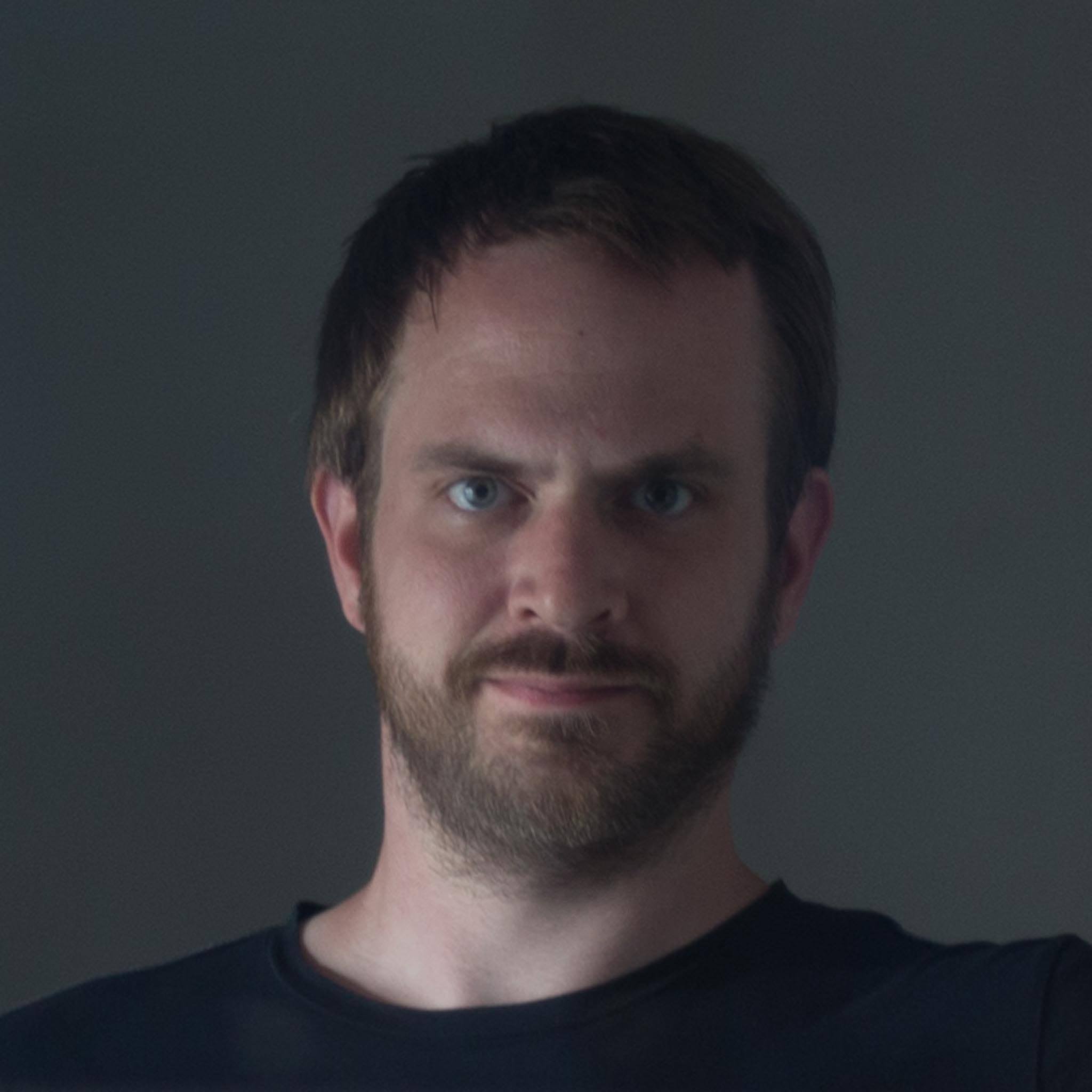
Nikolaus Voelzow: Lead software engineer at eM+, Niko has been working as a developer of interactive installations as well as various other applications at the ZKM Institute for Visual Media Karlsruhe (2006-2011) and as independent consultant for artists, museums and other institutions, both in the cultural and commercial sector.
